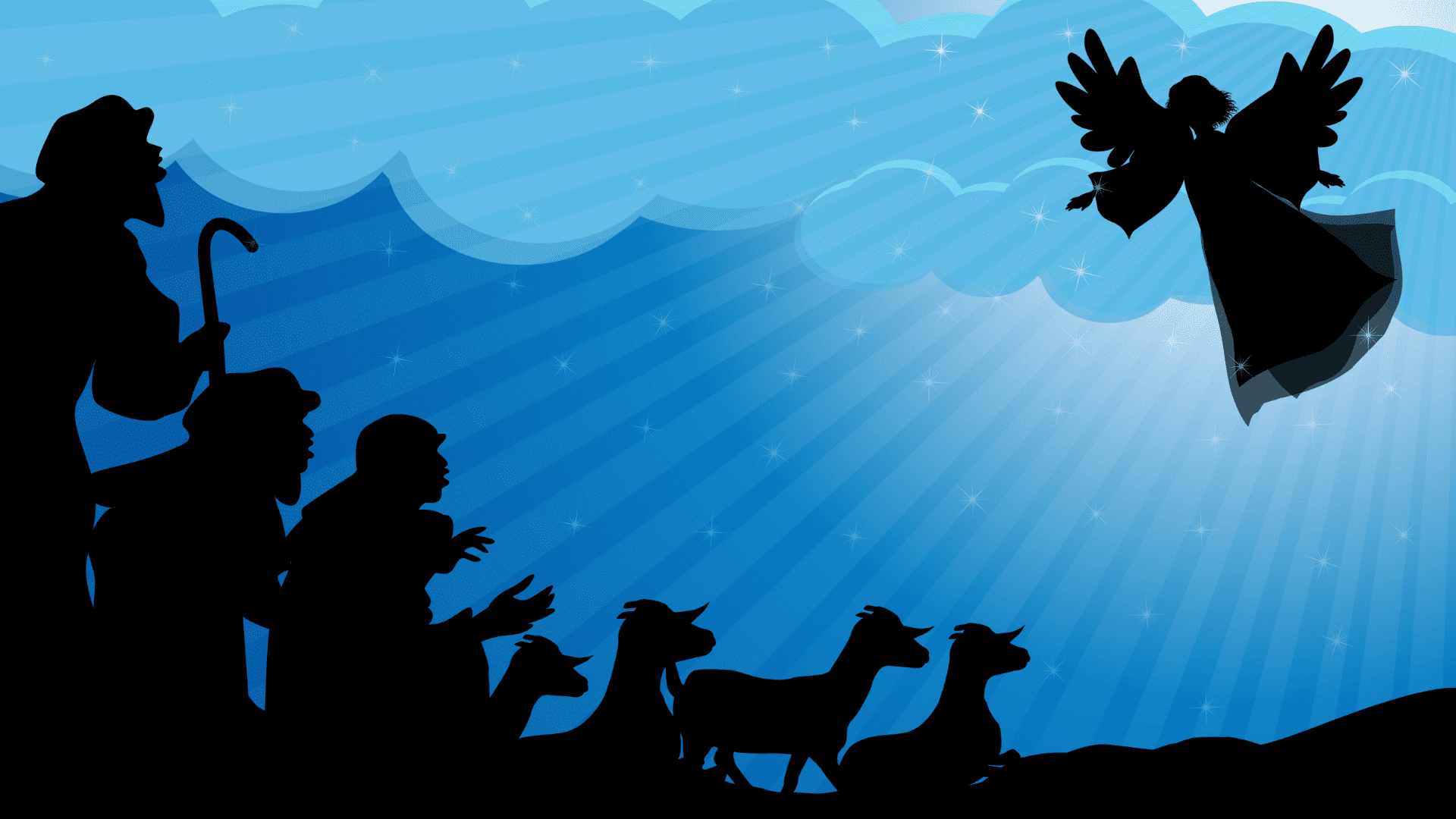Good Friday (Luke 23:44-49)

The Gospel of Luke records the death of Jesus Christ in just a few words, which we’ve just read. Yet it’s packed with the significance of what took place on that Friday. When we look at this passage, we’ll understand that the death of Jesus was cosmic, unjust, and voluntary. We’ll also see that it’s part of a bigger picture, a picture that includes you.
The death of Jesus was cosmic.
What do I mean by that? There are some places today in which capital punishment is common. For instance, 25 countries used the death penalty in 2006. One country alone executed over a thousand people in that one year. Two thousand years ago, Romans ruled much of the world, and their preferred method of execution was crucifixion. It was used for hundreds of years, for slaves, rebels, pirates and notorious criminals. Thousands of criminals were killed on the cross, yet out of all of them, we only remember one today. Why should we remember the crucifixion of Jesus out of all the thousands of crucifixions that took place?
When you look at this passage, you realize that something cosmic took place that day. It was noon, and yet we read in verses 44-45, “It was now about noon, and darkness came over the whole land until three in the afternoon, for the sun stopped shining.” This was no ordinary crucifixion. What took place here was so significant that the sun itself refused to shine for three hours. When the sun should have been at the height of its powers, darkness descended.
The Hebrew prophets had foretold that a day like this would happen. Here’s one example. The prophet Amos once gave a surreal prophesy about a day of judgment that would take place.
“In that day,” declares the Sovereign LORD,
“I will make the sun go down at noon
and darken the earth in broad daylight.”
(Amos 8:9)
The Old Testament has many prophecies about a future day called the day of the Lord. On this day, God will come with power and judgment. At the cross, this day came. Something cosmic, something spoken of for years, was now taking place at the cross.
Luke goes on to describe what else happened at that same time. Verse 45: “And the curtain of the temple was torn in two.” In the temple, a veil separated the Holy Place from the Most Holy Place. In the past, only the high priest had permission to enter the Most Holy Place. He could only do so once a year and with the use of blood. The blood was used to atone for the sins of the high priest and the people, even if they didn't know they had committed them. (Hebrews 9:8) But now that veil was ripped open from top to bottom. The writer to the Hebrews said, “We have confidence to enter the Most Holy Place by the blood of Jesus, by a new and living way opened for us through the curtain…” (Hebrews 10:19-20). There are many motifs in what happened here. The text talks about different themes: judgment, God's purpose, reaching out to everyone, and new access to God. It’s clear that something huge is happening here, something that causes the sun to stop shining, that causes upheaval in the most holy place of God.
More than 100 people die every minute of every hour. Every second, somebody somewhere dies. Luke emphasizes that this was not simply a regular death. Something cosmic in scope took place in the death of Jesus, something that changes everything.
Second, Jesus' death was unjust.
The joke goes that if you want to find an innocent person, the place to go is prison, because almost everyone there claims to be innocent. The same must have been true of those who were crucified. Most of those who were killed probably went to the cross claiming innocence. But Luke shows us that Jesus was in fact innocent.
Presiding over the crucifixion was a Roman soldier. We meet the person who’s probably the man in charge of the crucifixion of Jesus in verse 47: a centurion, in charge of 100 soldiers. As a Roman noncommissioned officer, his testimony was viewed as significant. As this man – who is not a believer, not a religious Jew – watches the death of Jesus, he concludes, “Surely this was a righteous man.” It’s one thing to proclaim your own innocence. Luke tells us that Jesus’ innocence, his righteousness, was recognized even by the man in charge of killing him.
But there’s more. Verse 46 says, “Jesus called out with a loud voice, ‘Father, into your hands I commit my spirit.’ When he had said this, he breathed his last.” Every word that Jesus says on the cross is loaded with significance, and so is this one. Here, Jesus is quoting from Psalm 31, a psalm of David. It’s a psalm in which David is being treated unjustly. David prays that God will deliver him from his enemies. He is an innocent sufferer, but he expresses confidence that God will deliver and vindicate him. And so David prays in Psalm 31:5, “Into your hands I commit my spirit.” It’s a profound statement of trust. David puts his very life into God’s hand as he’s being mistreated, trusting that God will vindicate him.
When Jesus quotes David’s words, he’s doing more than just randomly quoting a psalm that he had memorized. He’s claiming to be an innocent sufferer, the ultimate innocent sufferer. He’s entrusting himself to God in the face of imminent death, submitting to God’s will and trusting that God will deliver him.
Jesus dies unjustly. He’s completely innocent. Even the Roman officer in charge of killing him recognizes his innocence. The prophet Isaiah had prophesied the reason why the innocent one suffered:
Surely he took up our pain
and bore our suffering,
yet we considered him punished by God,
stricken by him, and afflicted.
But he was pierced for our transgressions,
he was crushed for our iniquities;
the punishment that brought us peace was on him,
and by his wounds we are healed.
We all, like sheep, have gone astray,
each of us has turned to our own way;
and the LORD has laid on him
the iniquity of us all.
(Isaiah 53:4-6)
The innocent died in place of the guilty on that cross.
So Jesus’ death was cosmic, and it was unjust.
Thirdly, it was voluntary.
It would have been amazing for Jesus to suffer everything that he did if he had been a victim who was powerless, at the mercy of evil forces that were greater than him. The amazing thing as we read this passage, though, is that Jesus was not a helpless victim. Jesus did not suffer the cross because he had no choice. Jesus willingly gave his life for us. His death was voluntary.
When victims were crucified, they were normally given wine as a sedative. Jesus refused this. He refused to be drugged. He suffered fully and experienced the full force of everything that he went through.
The crucifixion normally took hours. It was a slow and agonizing death. As the victims died, they would grow weak, and they would be unable to speak. What’s surprising, then, is what we’re told in verse 46: “Jesus called out with a loud voice, ‘Father, into your hands I commit my spirit.’ When he had said this, he breathed his last.” The speed of his death is surprising. It’s also extraordinary, unexpected, that Jesus would be able to call out with a loud voice from the cross. That just doesn’t happen. Why did Jesus die so quickly, and how was he able to speak so loudly when it should have been impossible? Because even on the cross, Jesus was in charge. He gave up his life because he chose to do so. This was part of a plan that Jesus had talked about all throughout the gospel. Even on the cross, he offers up his life. It’s not taken from him as much as it’s freely offered by him. Jesus once said, “The reason my Father loves me is that I lay down my life—only to take it up again. No one takes it from me, but I lay it down of my own accord. I have authority to lay it down and authority to take it up again” (John 10:17-18).
Spurgeon, a preacher from London in the late 1800s, said, “Jesus Christ looked down and he saw the people he was dying for – some cringing, some snarling, all of them clueless. And in the greatest act of strength and love in the history of the world, he stayed.”
The death of Jesus was cosmic; it was unjust; it was voluntary.
Finally, it was part of a bigger picture.
If you take this entire passage and put it together, you get a sense that this is no ordinary death. At times, you have to wonder where God is when awful things happen. You read this passage and realize that God is very present even in this most horrible moment. He rips the veil open. You see someone who claims to be God, who claims to be innocent, willingly suffer a death that he had predicted. You remember that this one you see upon the cross had said just hours before, “It is written: 'And he was numbered with the transgressors' ; and I tell you that this must be fulfilled in me. Yes, what is written about me is reaching its fulfillment” (Luke 22:37). And you see that Jesus puts his life in God’s hand, trusting him for vindication.
And then you understand that this is no ordinary death. This death fulfills God’s purposes. It changes everything. It’s a part of God’s eternal purpose, his eternal plan of salvation.
John Stott says:
I could never myself believe in God if it were not for the cross. In the real world of pain, how could one worship a God who was immune to it? I turn to that lonely, twisted, tortured figure on the cross, nails through hands and feet, back lacerated, limbs wrenched, brow bleeding from thorn-pricks, mouth dry and intolerably thirsty, plunged in God-forsaken darkness.
That is the God for me. He set aside his immunity to pain. He entered our world of flesh and blood, tears and death.
As we look to the cross, we see the God who died for us.
Father, help us to grasp what happened that day on the cross. May we see that this was no ordinary death; it was a death that is cosmic in its scope, a death that changes everything. May we see the one who was innocent, but who voluntarily gave up his life for us. Help us to understand that this was part of your eternal plan. And may we see that it was God himself dying for us. This is the God for me.
And as we look at the cross, may it change our lives forever. In Jesus’ name, Amen.





